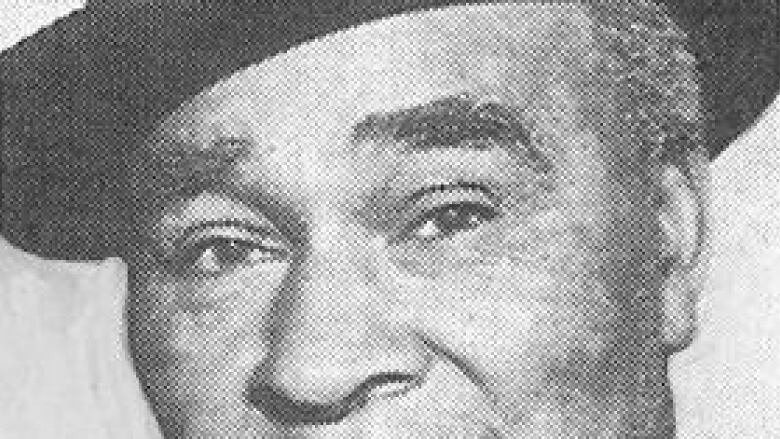Black History Month: the founder of Canadian sprinting
Besides having a great name, Eldridge Eatman of New Brunswick was one of the fastest sprinters in the world around the turn of the 20th century
 Photo by:
Canadian Encyclopedia
Photo by:
Canadian Encyclopedia
Black History Month enshrines and remembers some of the most pivotal figures in sport, who have shattered glass ceilings and raised the bar. In the past 30 years, Canadian athletes have excelled in the sprinting discipline, delivering multiple Olympic and world medals. When you think of pioneers of Canadian sprinting, you may think of names like Donovan Bailey, Mark McKoy and Bruny Surin, but the sport goes back generations before this; one name many forget is Eldridge Eatman, who was one of the fastest men in the world between 1904 and 1910.
Born in March 1880 and growing up in Saint John, N.B., Eatman had an interest in “foot-racing” (now track). He was unable to compete in many races, because his family was poor, and he couldn’t afford to buy running shoes.
Since Black athletes were barred from amateur sports, Eatman would participate in unsanctioned foot races at the park.
In 1902, Eatman was taken under the wing of sports promoter Hazen Campbell, who helped provide him with coaching and entries into sanctioned races. Only a few Black Canadians competed in professional sports at the time, and Eatman was the first to challenge the colour barrier in track and field.

Eatman loved to race for prize money, and famously said, “Medals are all right, but you can’t buy running shoes with them or eat them.”
At the 1905 Maritime Championships, Eatman set a record for the fastest Canadian 100-yard sprint, with a time of 9.8 seconds.
By 1914, Eatman had set records for 60 yards in 6.1 seconds and 100 yards in 9.4 seconds. At one point, he issued a challenge, inviting all comers to race him “from 60 yards to 280.” He was rumoured to have beaten a thoroughbred racehorse in a 120-yard match.
Eatman’s sprinting career came to a halt in 1915 when he tried to volunteer for the Canadian Army during WWI, but it was not accepting Black recruits. So he went to England and enlisted in the British Army, serving with the Northumberland Fusiliers.
After the war, Eatman combined his passions for athletics and for entertainment, touring with a musical troupe.
Eldridge Eatman (represented by Maurice Eatman) Inducted into @nbshf #NBSHFInduction2016 pic.twitter.com/Ceai07NnGN
— NB Sports Hall of Fame (@NBSHF) June 5, 2016
In 1937, Eatman helped organize a trans-provincial marathon from New Brunswick to Nova Scotia, modelled after the famous American footrace “The Bunion Derby” a decade earlier, which went from Los Angeles to New York. The race never came to fruition.
On Aug. 15, 1960, Eatman collapsed and died on the street in Saint John while waiting for a bus. He has since been inducted into the New Brunswick Sports Hall of Fame (in 2016) and the Maritime Sports Hall of Fame (in 2019).


